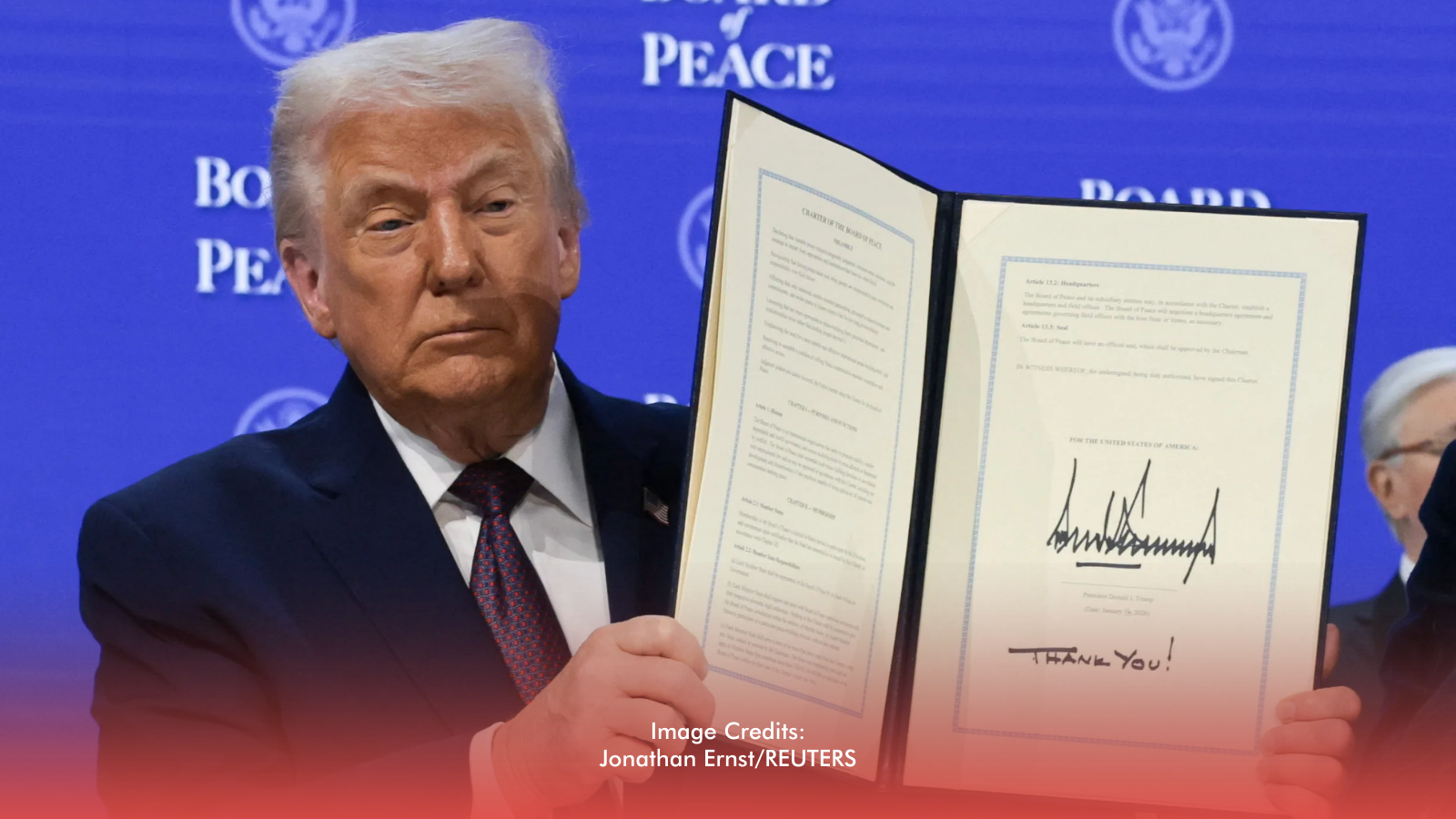A new bill mandating lessons about the West Philippine Sea is making its way through Congress as part of efforts to deepen Filipino students’ understanding of the country’s maritime rights and sovereignty. The proposed measure seeks to integrate lessons on the West Philippine Sea into the basic and higher education curriculum, focusing on its legal, historical, and environmental significance.
The West Philippine Sea Mandatory Education Act of 2025 was jointly filed by Representatives Chel Diokno, Perci Cendaña and Dadah Ismula (Akbayan Partylist), Rep. Leila de Lima (Mamamayang Liberal), Rep. Krisel Lagman-Luistro (Albay, 1st District), and Rep. Kaka Bag-ao (Dinagat Islands). Lawmakers believe this is crucial to instill a sense of national pride and awareness among Filipino youth amid continuing tensions in the disputed waters.
RELATED: [Lawak Island: Strengthening PH Sovereignty in the West Philippine Sea]
Educating the Next Generation
Under the proposed bill, public and private schools will be required to include topics on the West Philippine Sea in Araling Panlipunan (Social Studies) for elementary and high school students, as well as in relevant college courses. The measure aims to ensure that young Filipinos understand the country’s maritime entitlements under international law, especially the 2016 arbitral ruling that reaffirmed the Philippines’ claims within its exclusive economic zone.
Authors of the bill emphasized that education is an effective tool for nation-building and peaceful advocacy. The proposed act highlights how historical facts, international rulings, and sustainable resource management can be taught early to counter misinformation and strengthen the country’s stance on maritime issues.
Strengthening National Awareness
By mandating these lessons, legislators hope to nurture a generation that is both informed and engaged on issues of sovereignty. Beyond classrooms, they see this effort as a way to reinforce public understanding of why the West Philippine Sea matters — not only as a resource-rich area, but as a symbol of national identity and collective responsibility.








